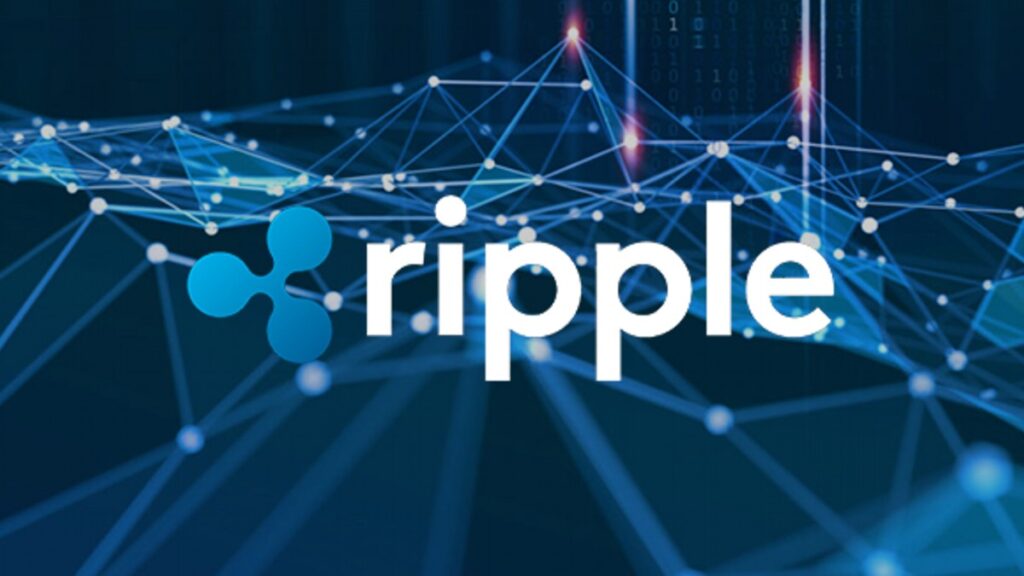The cryptocurrency payment network Ripple Labs Inc. has cautioned its users once more about clicking on phishing websites and falling for Deepfakes.

Ripple posted a demonstration video on X that demonstrates how certain con artists have been posing as important company figures, including as CEO Brad Garlinghouse.
The demo’s images suggest that dishonest actors impersonate their target in order to win over gullible victims by mimicking their appearance, speech pattern, and even body language.
They then promise an XRP giveaway or possibly an XRP doubling scheme to Ripple users. At the time of writing, the market price of the coin was approximately $0.6114, therefore these fictitious giveaways may be worth as much as 500–1000 XRP tokens.
Based on this assumption, Ripple Labs has informed its community that it will never require anything of this nature from its consumers. Along with this announcement, the cryptocurrency company made it clear that neither its CEO, Garlinghouse, nor any other person connected to Ripple will request that consumers move their XRP in order to receive a double payout.
It has been emphasized by Ripple and its executives that only official Ripple accounts would be used to transmit any authorized communications.
XRP Scammers Leveraging AI Tools
There has long been a scam risk in the Ripple ecosystem. At the end of 2023, Garlinghouse could be seen discussing with his fans on social media about the threat posed by deepfake videos that purported to be him.
The Ripple CEO was seen attempting to persuade XRP holders to take part in a fictitious giveaway in the aforementioned YouTube video. A watchful audience may spot various abnormalities in the lip movement while watching such Deepfake films.
These films are frequently the outcome of carefully chosen prompts that are fed into AI models that have been trained, such as OpenAI’s Voice Engine or even Sora, the ground-breaking tool that can produce videos from written descriptions.
XRP holders would need to do more than just analyze erratic lip movements to identify a phishing scam or a Deepfake movie, given how sophisticated and intricate the AI sector is becoming. The company’s prudence may prove to be a crucial awareness initiative that ultimately saves a life.
